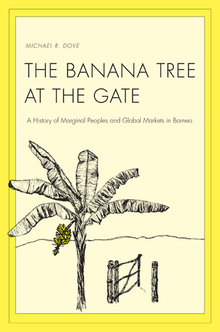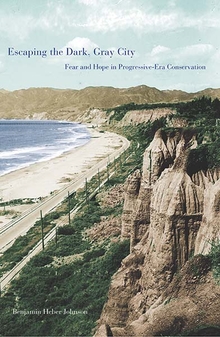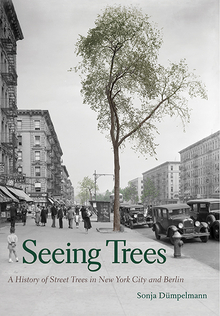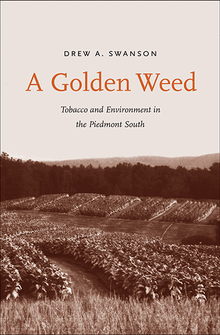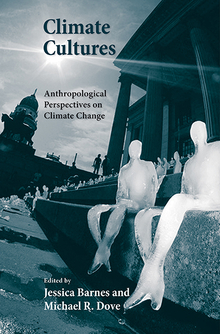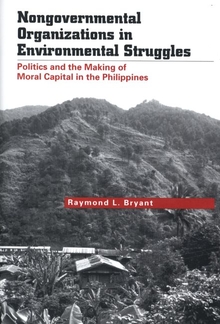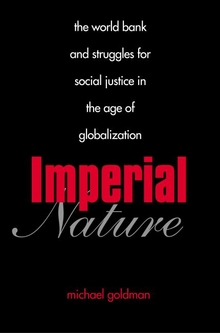The Banana Tree at the Gate
WARNING
You are viewing an older version of the Yalebooks website. Please visit out new website with more updated information and a better user experience: https://www.yalebooks.com
A History of Marginal Peoples and Global Markets in Borneo
Michael R. Dove
The “Hikayat Banjar,” a native court chronicle from Borneo, characterizes the irresistibility of natural resource wealth to outsiders as “the banana tree at the gate.” Michael R. Dove employs this phrase as a root metaphor to frame the history of resource relations between the indigenous peoples of Borneo and the world system. In analyzing production and trade in forest products, pepper, and especially natural rubber, Dove shows that the involvement of Borneo’s native peoples in commodity production for global markets is ancient and highly successful and that processes of globalization began millennia ago. Dove’s analysis replaces the image of the isolated tropical forest community that needs to be helped into the global system with the reality of communities that have been so successful and competitive that they have had to fight political elites to keep from being forced out.
"[The] richness [of this manuscript] comes from years of careful research and reflection." –Janet C. Sturgeon, author of Border Landscapes: The Politics of Akha Land Use in China and Thailand
"This is a masterful summa of Dove’s work….It will be required reading for environmental anthropologists and area specialists, and should command the attention of geographers and those interested in colonialism, globalization, and development as well."—Aletta Biersack, University of Oregon
“Michael Dove’s historical ethnography of the Kantu Dayak in Borneo is far more than just a study of marginal peoples confronting new ways of doing things. Long awaited by his admirers, this work breaks new ground in the study of markets and households, smallholders and globalization. A meditation on the making of power and materiality, community and sustainability, knowledges and representations, The Banana Tree at the Gate will become an instant classic.” –Arun Agrawal, University of Michigan
“By placing the logic of smallscale farmers, forest-product collectors and plantation workers at the centre of his account, Dove is able to expose the mythmaking of the technical experts, and render it not just strange, but wholly unacceptable. This is engaged scholarship of stunning contemporary relevance, as global actors fixated on new riches such as oil-palm, or contracts to mitigate global warming, set out once again to lay claim to Borneo’s land and forests.”—Tania Murray Li, author of The Will to Improve: Governmentality, Development and the Practice of Politics
Publication Date: March 8, 2011
30 b/w illus.

